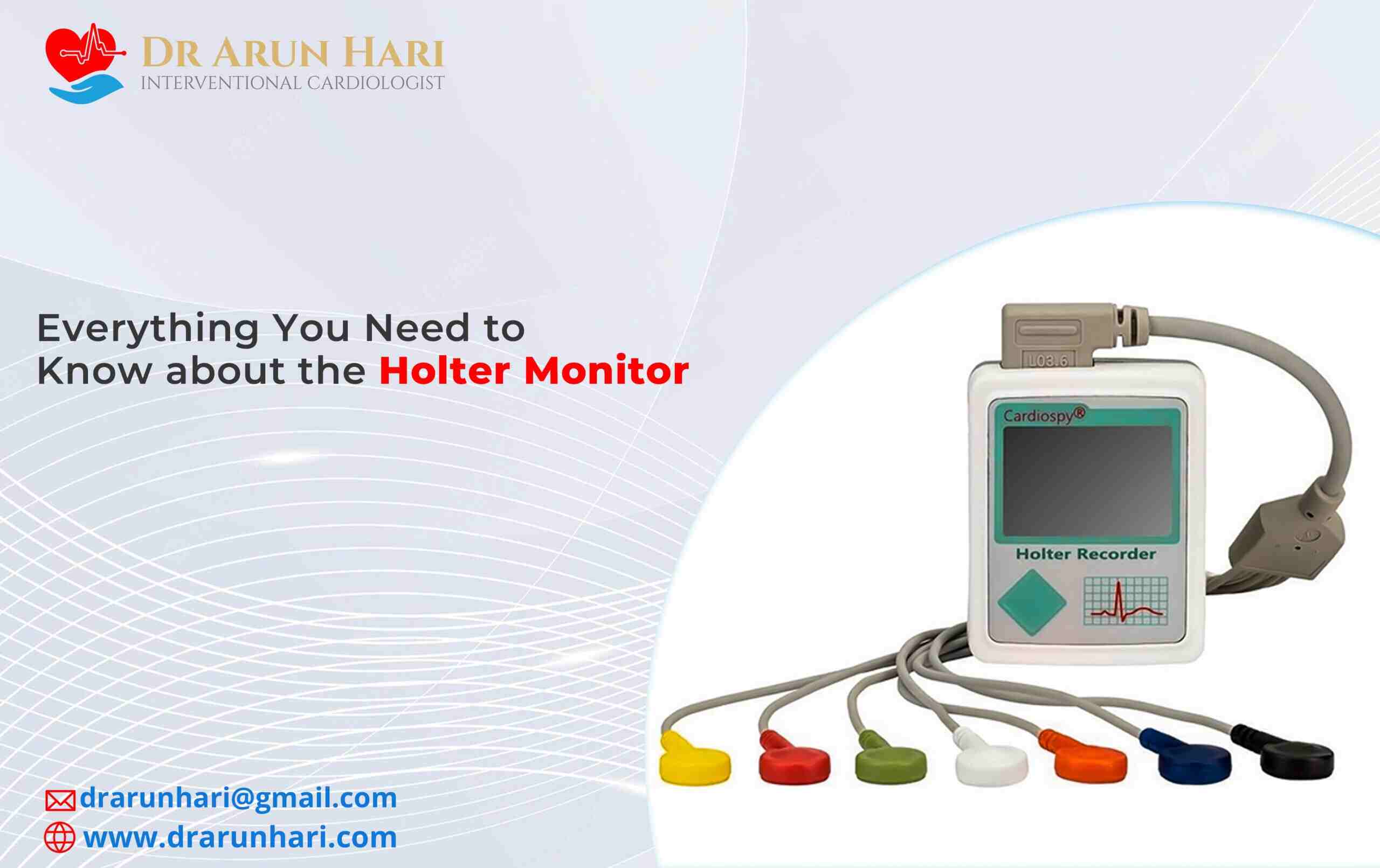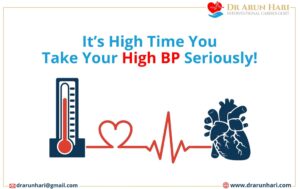What to Expect (During & After)
Holter Monitor (Overview)
If you have been diagnosed with a heart condition, your doctor may recommend a Holter monitor. This test records your heart’s electrical activity for 24 to 48 hours. The Holter monitor is a small, wearable device that you will wear for the duration of the test. The device will be connected to wires that are taped to your chest. The wires are then connected to the Holter monitor. You will be able to go about your normal activities during the test. The Holter monitor will record your heart’s electrical activity as you go about your day. The test is used to diagnose heart rhythm abnormalities. At the end of the test, you will have to return the Holter monitor to your doctor. The doctor will then review the recordings and look for any irregularities in your heart’s electrical activity.
Why It Is Done?
Your doctor can recommend a Holter monitor if you are:
- Showing signs & symptoms of irregular heart rhythm (i.e. arrhythmia)
- Experiencing unexplained fainting, dizziness, and chest pain recurrently
- Having heart disease, which tends to increase the risk of arrhythmias
Risks
If you are scheduled for a Holter monitor test, you might be wondering what exactly it is and what the risks are. Here’s everything you need to know about the risks associated with this common cardiac test. There are a few risks associated with Holter monitoring, but they are generally low. The most common risk is skin irritation from the electrodes. You might also experience some discomfort from wearing the device for an extended period of time.
Preparing for It
Before the test, you will need to remove all oils, lotions, and makeup from your chest. You should also avoid caffeine and alcohol for 24 hours before the test.
What to Expect (During & After)
- During the test, you should avoid strenuous activity and showering. You should also keep a diary of your activities and symptoms.
- After the test, the electrodes will be removed and the Holter monitor will be returned. Your doctor will then analyze the data and look for any abnormal heart rhythms.
Results
The Holter monitor is a safe and painless way to get a more detailed look at your heart’s electrical activity. It can help your doctor better understand your heart condition and develop a treatment plan.
Dr. Arun
Overall, Holter monitoring is a safe and effective way to diagnose heart problems. If you have any questions or concerns, be sure to talk to an experienced doctor. Dr. Arun is an internationally-proclaimed board-certified interventional cardiologist, who is known for his skills & expertise in doing minimally-invasive cardiac procedures to treat various & sundry heart conditions. His treatment facilities are world-class, equipped with the most modern equipment and latest technology that are being best used by him.





